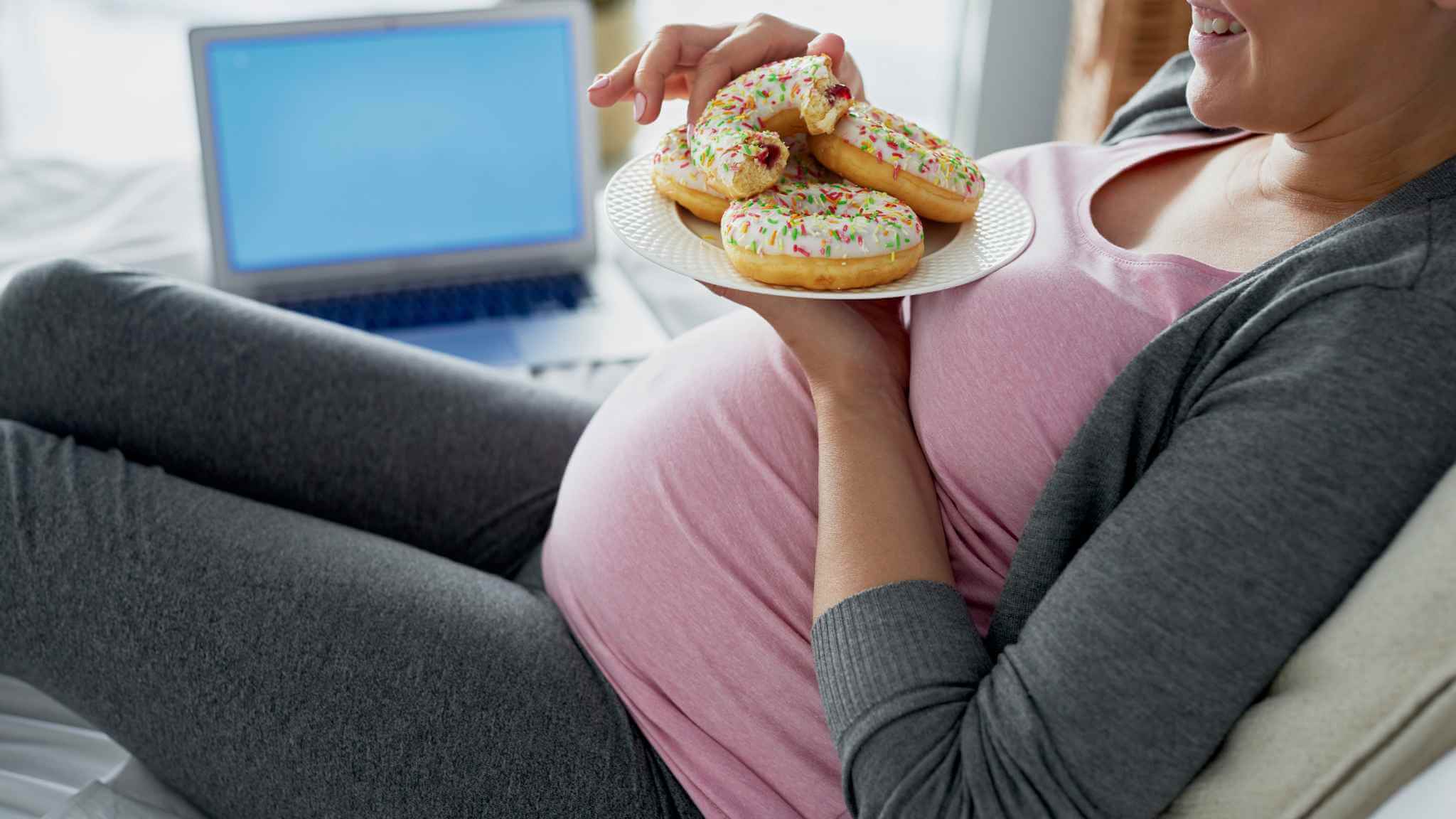Pregnancy is a beautiful and transformative time, but it also comes with its own unique set of challenges, including unexpected health risks like choking. A pregnant woman choking is a rare but potentially dangerous situation that requires immediate attention. Whether caused by physiological changes during pregnancy or external factors, understanding what to do in such a scenario is crucial for both the mother's and baby's safety.
Choking during pregnancy can be particularly concerning due to the changes in a woman’s body. Hormonal shifts, an expanding uterus, and changes in digestion can all contribute to an increased risk of swallowing difficulties or choking. For caregivers, family members, or even the pregnant woman herself, having a clear understanding of preventive measures and emergency responses can make all the difference in avoiding serious complications. This article provides a comprehensive guide to address this critical issue.
In this detailed guide, we’ll explore the causes, symptoms, preventive strategies, and emergency responses for a pregnant woman choking. We’ll also delve into the underlying physiological changes during pregnancy that may heighten choking risks. By the end of this article, you’ll have the knowledge and confidence to act swiftly and effectively if faced with such a situation.
Read also:Kamala Harris Legs A Complete Look At Her Life Career And Legacy
Table of Contents
- What Causes Choking During Pregnancy?
- Understanding the Physiological Changes
- Risk Factors for Choking During Pregnancy
- Common Symptoms of Choking
- How to Prevent Choking in Pregnant Women
- Emergency Response Steps for Choking
- The Heimlich Maneuver for Pregnant Women
- When to Call Emergency Services
- Long-Term Effects of Choking During Pregnancy
- Tips for Caregivers and Family Members
- Role of Diet and Lifestyle in Reducing Risk
- Medical Treatment Options for Severe Cases
- Myths and Misconceptions About Pregnancy and Choking
- Frequently Asked Questions
- Conclusion
What Causes Choking During Pregnancy?
Pregnant women are more susceptible to choking due to a combination of physiological and environmental factors. A growing fetus puts pressure on the digestive system, which can lead to issues like acid reflux and slower digestion. These factors can increase the chances of choking on food or liquids. Certain types of foods, such as those that are dry or difficult to chew, can further exacerbate the risk.
Moreover, pregnancy hormones like progesterone relax the muscles in the body, including those in the esophagus. This relaxation can make it harder to swallow food properly, leading to a higher risk of choking. In some cases, nausea and vomiting associated with pregnancy can also contribute to choking incidents. External factors like eating too quickly, talking while eating, or not chewing food thoroughly can compound these risks.
Environmental Triggers
Environmental factors can also play a role. For example, being in a rush to eat or consuming meals in a stressful environment can increase the likelihood of choking. Additionally, distractions like watching television or using a smartphone while eating may reduce focus on proper swallowing techniques.
Medical Conditions
Underlying medical conditions such as asthma, gestational diabetes, or preeclampsia can further heighten the risk of choking during pregnancy. These conditions may affect the respiratory system or cause swelling, making it more difficult to breathe or swallow effectively.
Understanding the Physiological Changes
Pregnancy brings about significant changes in a woman’s body that can inadvertently increase the risk of choking. One of the most notable changes is the relaxation of the lower esophageal sphincter, a result of elevated progesterone levels. This can lead to acid reflux, which not only causes discomfort but also increases the likelihood of choking during meals.
Impact on the Respiratory System
As the uterus expands, it exerts pressure on the diaphragm, reducing lung capacity. This can make breathing more laborious, particularly when eating. The combination of reduced lung capacity and slower digestion creates a perfect storm for choking risks.
Read also:Critical Impact And Response To Fork Fire Glendora A Detailed Analysis
Changes in Swallowing Mechanics
Pregnancy hormones affect muscle function throughout the body, including those involved in swallowing. This can lead to difficulties in coordinating the swallowing process, especially when consuming large or improperly chewed pieces of food.
Risk Factors for Choking During Pregnancy
Several factors can increase the likelihood of choking during pregnancy. These include dietary habits, pre-existing medical conditions, and even stress levels. Identifying and mitigating these risks is essential for ensuring the safety of both mother and baby.
Continue writing more detailed articles for the other headings and subheadings...

